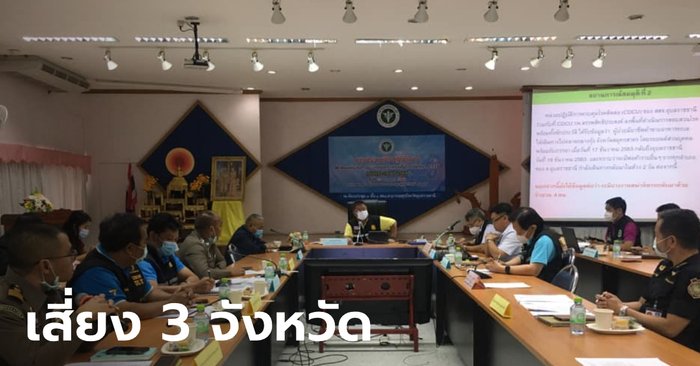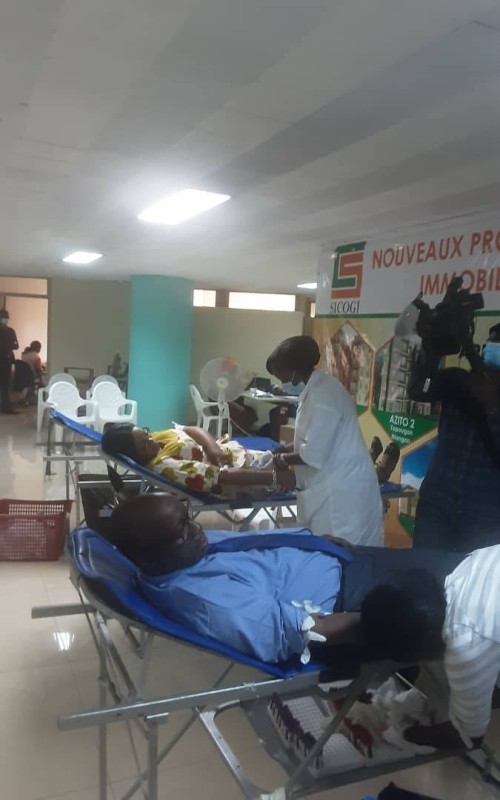According to the Chinese Ministry of Science and Technology, science and technology departments across the country have invested more than 20 billion yuan ($ 3.06 billion) in poor areas since 2012, strongly stimulating local industries involved in the process. fight against poverty.
The ministry has advanced the fight against poverty through greater contribution of science and technology as well as human resources, said Xu Nanping, vice minister of science and technology, at a press conference on December 23. in Beijing.
To meet local needs, he added, the ministry pursued technological breakthroughs, stimulated business start-ups, trained professionals and commercialized research results. These actions have helped to improve the quality of industrial development in poor areas.
According to ministry statistics, science and technology departments have also launched 37,600 projects with the support of key national research and development programs and central funds, and introduced more than 50,000 technologies and new crop varieties to rural areas. .
In addition, since 2012, more than 289,800 technicians have worked at the forefront of the fight against poverty, providing technical and entrepreneurial services to nearly 100,000 villages on the poverty list.
Xu also pointed out that the ministry has continued to study how to consolidate the achievements in poverty reduction. For example, Jinggangshan in eastern China’s Jiangxi Province, one of the poor counties targeted by the ministry, was lifted out of poverty in 2017, but the ministry continued to support projects, supervision and management, as well as staff assignments.
Then, the ministry will continue to research how to apply the experiences of poverty reduction to China’s rural revitalization strategy.
“In revitalizing rural areas, we believe that the role of science and technology will become more and more important,” Xu noted, adding that agricultural science and technological innovation will be given more prominence.
One of the key measures in the fight against poverty, according to the ministry, is to send scientific experts to poor villages to help bring advanced technologies to local people and industries.
Zhu Youyong, a member of the Chinese Academy of Engineering, is one such expert who has guided and conducted poverty alleviation work in Yunnan Province.
For historical and natural reasons, he explained, Yunnan was one of the severely poverty-stricken provinces, with a wide range of affected areas, which posed great difficulties in related work.
He was stationed in the village of Haozhiba in Pu’er, Yunnan, where poverty mainly hit the mountainous regions which also have rich forest resources. Mr. Zhu and his team introduced the planting of traditional Chinese herbal medicines in the forests of the village, helping every hectare of forest to produce traditional Chinese medicines worth 900,000 to 1.2 million yuan per year.
He also said that they had spotted tropical river valleys with a large amount of land left unused in winter, so they used this land to grow a special variety of potatoes.
Another key job is to organize courses to teach farmers about relevant technologies. Some ethnic groups in the border areas have limited technical know-how, which prompted Zhu and his team to establish 36 classes, which have trained more than 1,400 people, he said, adding that 12 classes are currently underway with 720 farmers registered.
“We put our classroom on the ground and taught them hand in hand. Each training course lasted for about six months and after completing the course all the students were lifted out of poverty, “Zhu noted, adding that” half helped their relatives and friends out of poverty and 10 % lifted the whole village out of poverty ”.
“I know that on the front lines of the fight against poverty, there are thousands of scientific and technological personnel like us who promote scientific achievements in villages, disseminate their knowledge in rural households and put theories into action. convenient. They have made an essential contribution to our fight against poverty, ”he concluded.
– .

